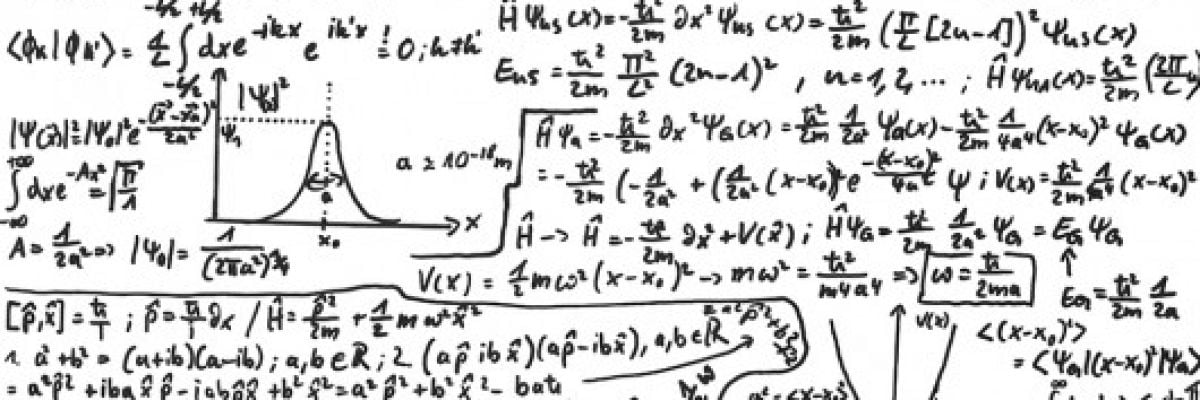Grumblenuts
Gold Member
- Oct 16, 2017
- 14,900
- 5,011
Space and time come and go. "Things" like the Aether are clearly eternal, dinglespam. "Quantum tunneling event"? Pathetic even for you, poser.The only solution to the first cause conundrum is "something" which is eternal and unchanging. Which means that that "something" must be in reality no thing. Because "things" like matter and energy are not unchanging.You haven't bothered to think about WHAT created your supposed god now have you....


